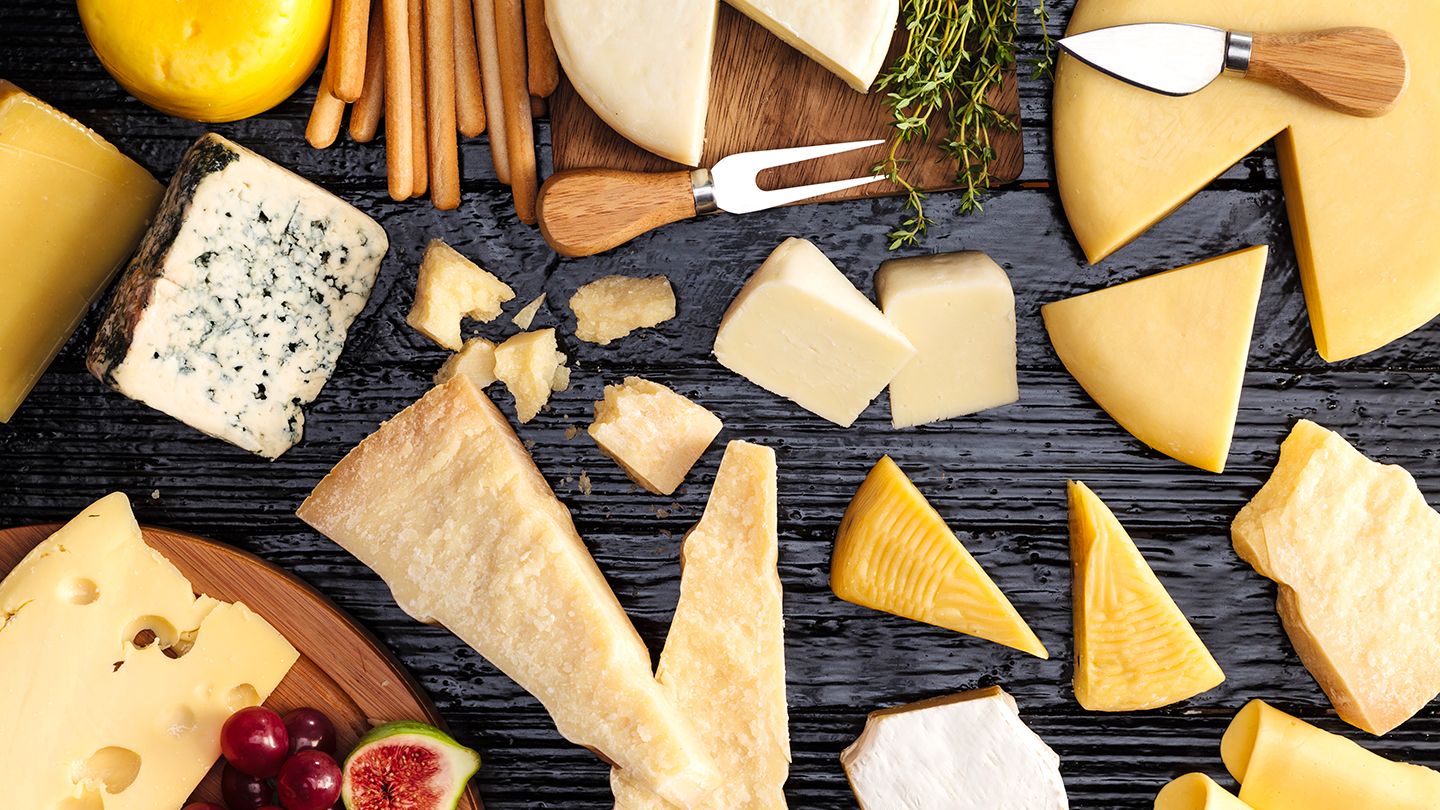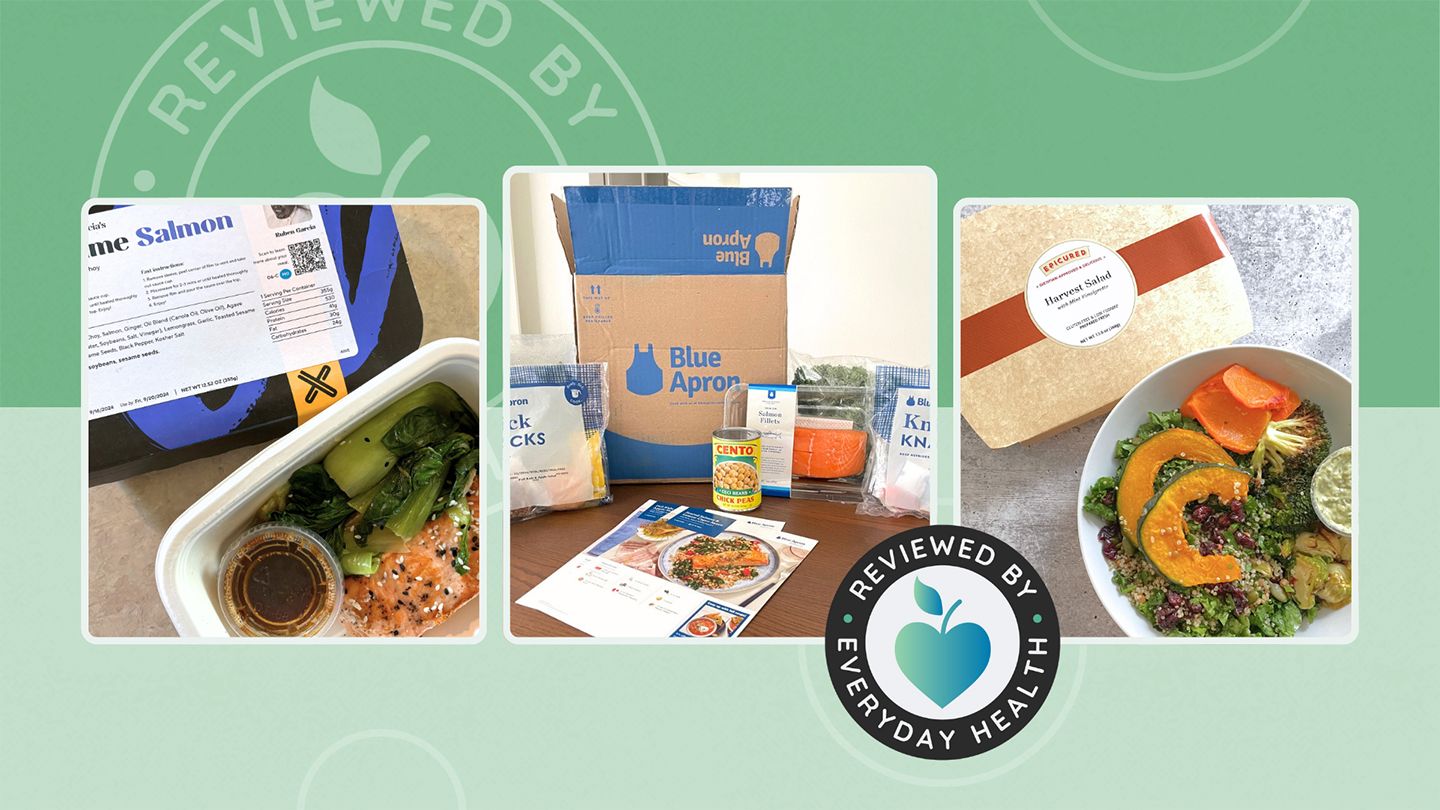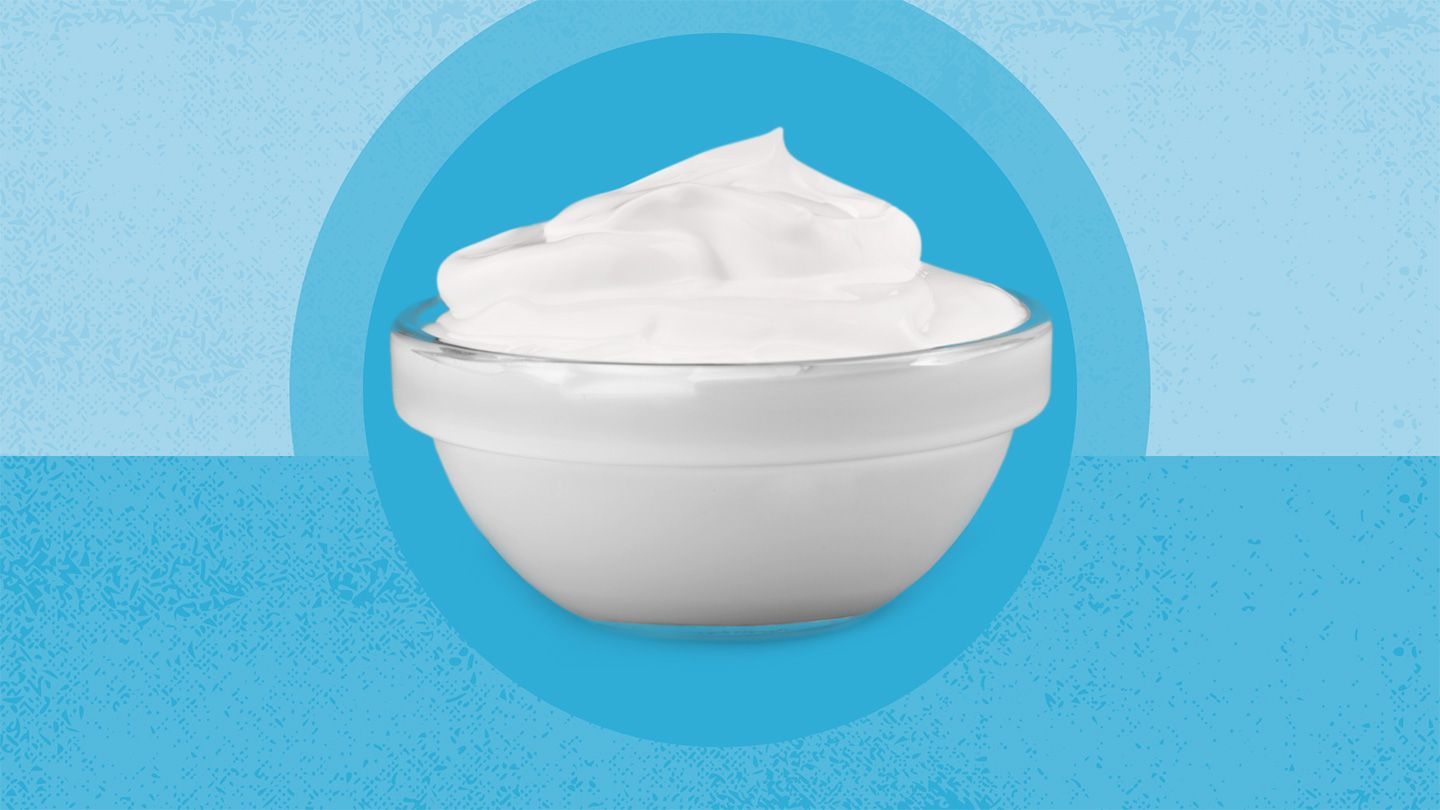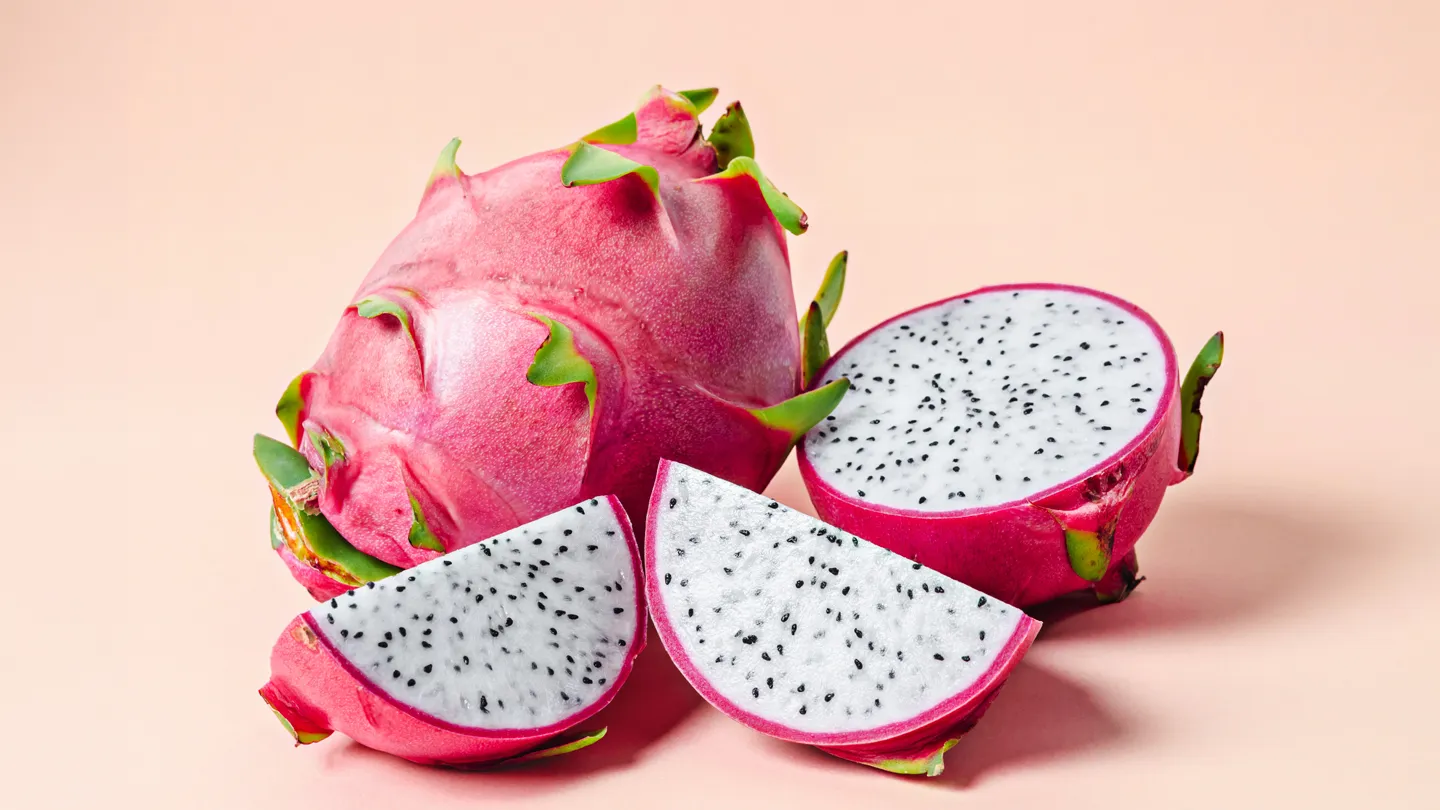An Overview of the Keto Diet
The ketogenic or "keto" diet is a very low-carbohydrate, high-fat, moderate protein diet. It aims to put the body into a metabolic state called ketosis, where the body switches from primarily using glucose for fuel to utilizing ketones and fatty acids.
Ketosis occurs when carbohydrate intake is so low that the body must break down stored fat into ketones to use as an alternate energy source. Ketones are produced by the liver and provide energy to the brain and other tissues.
On keto, carbs are typically restricted to only 20-50 grams per day. To reach ketosis, carb sources like sugar, grains, starchy vegetables, and most fruits are eliminated. Protein is moderated and fat becomes the main calorie source, often making up 70-80% of calories.
Potential benefits of the keto diet include weight loss, lower blood sugar levels, and improved mental focus. But it is a very restrictive plan and not suitable for everyone long term.
Are Black Soybeans Keto-Friendly?
Black soybeans are whole, unprocessed soybeans with a black seed coat. They are naturally cholesterol-free, high in protein and fiber, and contain several vitamins and minerals.
However, black soybeans are not considered keto-friendly for a few reasons:
They are High in Carbs
One cup (172g) of cooked black soybeans contains around:
- Calories: 230
- Protein: 17g
- Fat: 8g
- Carbs: 30g
- Fiber: 10g
Of those 30 grams of carbs, 16 grams come from sugars. This makes the net digestible carb content 14g per cooked cup.
Most keto diet plans strictly limit net carbs to only 20-30g per day from all sources. With 14g net carbs in just one cup, black soybeans can quickly take up half or more of a day's allotted carb intake.
They are Not a Natural Fat Source
Another defining feature of keto is its emphasis on fat as the main calorie source, ideally making up 70-80% of total daily calories. Black soybeans are relatively low in fat.
While black soybeans do contain some fat from their unsaturated oils, the majority of their calories come from carbs and protein. Keto dieters focus on adding in ample servings of high-fat foods like oils, butter, nuts, seeds, avocados, eggs, fatty cuts of meat, etc.
They Have a High Glycemic Index
The glycemic index (GI) ranks carbohydrate-containing foods on a scale of 0 to 100 based on how much they raise blood sugar levels after eating. Beans already have a moderately high GI.
Black soybeans have an estimated GI of 40-45, which is considered a high GI food. For comparison:
- Low GI foods = 55 or less
- Moderate GI foods = 56-69
- High GI foods = 70 or more
On the keto diet, the goal is to choose very low GI foods to minimize blood sugar and insulin spikes. High GI foods like black beans cause rapid rises in blood glucose, disrupting ketosis.
Potential Benefits of Black Soybeans
While they don't fit into a keto eating plan, black soybeans can be an extremely nutritious food choice for other types of healthy diets. Some benefits include:
High in Protein
Black soybeans are a plant-based protein powerhouse. One cup of cooked beans contains around 17g of protein. This makes them an excellent vegetarian or vegan protein source.
Rich in Fiber
A one cup serving of cooked black soybeans provides about 10g of dietary fiber. This fiber aids digestion, helps regulate blood sugar levels, and promotes feelings of fullness.
Provide Essential Vitamins and Minerals
Black soybeans contain a variety of vitamins and minerals including iron, magnesium, phosphorus, potassium, copper, manganese, selenium, and some B vitamins.
May Help Lower Cholesterol
Compounds found in black soybeans called isoflavones may have a positive effect on cholesterol levels. Research indicates they may help lower LDL "bad" cholesterol while maintaining HDL "good" cholesterol.
Contain Antioxidants
Antioxidants help counter oxidative stress linked to chronic diseases. Black soybeans are rich in antioxidants like anthocyanins that give them their black color.
Overall, black soybeans can be nutritionally beneficial for many dietary patterns, just likely not ideal for those following the keto diet.
Non-Keto Ways to Eat Black Soybeans
Here are some healthy ways to incorporate black soybeans into meals and snacks for non-keto eaters:
Soups and Stews
Add cooked black soybeans to vegetable soups, chili, and stews for extra protein, fiber, and texture.
Salads
Toss cooked, chilled black soybeans into leafy green salads, grain bowls, or pasta salads for a nutrition and flavor boost.
Veggie Burgers
Use mashed black soybeans as a base for making flavorful veggie burgers. Mix in onions, mushrooms, oats and seasonings.
Taco Filling
Spice up cooked black soybeans with taco seasoning to use as a tasty plant-based taco or burrito filling.
Bean Dips
Blend cooked black soybeans with garlic, olive oil, lemon juice, and herbs to create a creamy, protein-packed dip or spread.
Stir-Fries
Incorporate cooked black soybeans into vegetable and rice stir-fry dishes for extra nutrition.
Smoothies
Add cooked black soybeans to smoothies to make them thicker, creamier and more filling.
Keto-Friendly Bean Alternatives
Beans are too high carb for the keto diet, but there are some suitable lower-carb bean alternatives to consider:
Hemp Hearts
Hemp hearts are shelled hemp seeds that provide protein, fiber and healthy fats. Unlike soybeans, they have just 1g net carb per serving.
Edamame
Edamame are immature, green soybeans. A 1/2 cup serving has about 5g net carbs, much less than black soybeans.
Tempeh
Fermented soy tempeh is lower in carbs and easier to digest than whole soybeans. A one ounce serving of tempeh contains around 5g net carbs.
Tofu
Tofu is made from condensed soy milk which reduces the carb content. Firm tofu has about 2g net carbs per 3 ounce serving.
Black-Eyed Peas
Compared to black beans, black-eyed peas contain slightly fewer net carbs at around 11g per cooked cup.
Green Peas
Green peas have the lowest carb content out of common beans and peas. One cup contains about 8g net carbs.
Peanut Butter
While technically a nut butter, peanut butter can provide a creamy, protein-packed alternative to black soybeans in smoothies, sauces, oatmeal, etc.
Healthier Substitutions for Black Soybeans in Keto Recipes
When adapting recipes to be keto-friendly, here are some good substitutes to use in place of black soybeans:
- Cauliflower rice
- Chopped mushrooms
- Zucchini noodles
- Riced broccoli
- Chopped kale or spinach
- Diced bell peppers
- Sliced radishes
- Chopped green cabbage
- Shirataki noodles
- Extra virgin olive oil
These lower-carb vegetables can help mimic the texture of black beans in many recipes.
Healthy Keto Bean-Free Recipes to Try
Here are some tasty keto recipes that provide flavor and nutrition without the higher carb content of black soybeans:
Taco Bowl with Cauliflower Rice
Replace black beans with riced cauliflower in Mexican-style taco bowls topped with avocado, cheese, salsa and cilantro.
Mushroom & Spinach Stew
Sauted mushrooms and spinach make a satisfying plant-based stew without needing black soybeans.
Zucchini Lasagna
Thinly sliced or spiralized zucchini stands in for pasta noodles in this lower-carb veggie lasagna.
Keto Burrito Bowl
Combine seasoned ground beef, cauliflower rice, cheese, avocado and hot sauce for a Mexican-style bowl.
Veggie & Tofu Stir-Fry
Lightly cooked tofu and a rainbow of fresh veggies create a quick keto-friendly stir-fry.
Broccoli & Tempeh Bowl
Tempeh provides a plant-based protein source to place atop roasted broccoli florets, avocado and hemp seed hearts.
Potential Downsides of Eliminating Black Soybeans on Keto
While necessary for achieving ketosis, restricting all higher-carb foods like black soybeans may have some drawbacks. Potential issues may include:
- Missing out on beneficial nutrients like antioxidants, vitamins, minerals and fiber found in restricted plant foods.
- Increased risk for nutritional deficiencies or imbalances over time if diet is not well-planned.
- Difficulty sustaining keto long term due to restrictiveness or strong cravings.
- GI issues like constipation from inadequate fiber intake.
- Increased cholesterol levels from high saturated fat intake.
- Keto flu symptoms like fatigue, cramps and headaches during the initial transition period.
Working with a dietitian knowledgeable in keto can help overcome these challenges through guidance on strategic low-carb food choices, proper supplementation, and managing any unwanted side effects.
The Bottom Line
Black soybeans are too high in net carbs and glycemic index to fit into a well-formulated ketogenic diet. While they provide beneficial nutrition, their carbohydrate content can quickly surpass the strict limits of keto macros.
However, black soybeans can be included as part of a healthy balanced diet for those not following a low-carb or keto eating pattern. Substituting with lower-carb bean alternatives, vegetables, and plant-based protein sources makes it possible to adapt recipes to be keto-friendly.
As with any highly restrictive diet, the keto diet should be undertaken with medical guidance to ensure nutritional needs are still being adequately met.
FAQs
Are black soybeans keto-friendly?
No, black soybeans are too high in net carbs and glycemic index to fit into the restricted carbohydrate limits of the keto diet.
Why can't you eat black soybeans on keto?
With 30g total carbs and 14g net carbs per cup, black soybeans far exceed the 20-30g daily net carb limit on keto. Their high glycemic index also disrupts ketosis.
What can you use instead of black soybeans on keto?
Good replacements include lower-carb beans like edamame and black-eyed peas, along with non-bean substitutes like cauliflower rice, mushrooms, zucchini noodles, and hemp hearts.
Do black soybeans have any benefits?
Yes, black soybeans provide protein, fiber, essential vitamins and minerals, antioxidants, and compounds that may help lower cholesterol. They are healthy for non-keto diets.
Can you eat any beans on the keto diet?
Most beans are too high in carbs for keto, but some options like edamame, tempeh, and green peas can potentially fit into keto macros in smaller servings.
Disclaimer: This article is for informational purposes only and does not constitute medical advice. Always consult with a healthcare professional before starting any new treatment regimen.
Related Coverage
Looking for the top low carb and keto cookbooks for 2023? Discover our picks for the best keto diet books for beginners, including meal plans and visual recipes....
Find out how many calories are in shredded part skim or whole milk mozzarella cheese per ounce or per 1/4 cup serving. Understand cheese portion sizes....
Stay in ketosis anywhere with portable high-fat low-carb snacks like tuna wraps, nut butter packets, roasted veggies, and bacon cheddar crackers....
While vodka starts sugar-free, flavored infusions can add substantial sweeteners. Compare grams of sugar in popular regular versus flavored vodka brand cocktails....
Learn which fruits are lowest in calories and the healthiest for weight loss or maintenance. Discover proper portion sizes and the benefits of low calorie fruits....
Honey is high in carbs so not keto-friendly. But small amounts may be ok. Learn whether honey is allowed on keto, impacts ketosis and blood sugar, plus healthier alternatives....
With 10g net carbs per cup, delicata squash fits into a keto diet. See how it compares to other winter squashes and get delicious low carb delicata recipe ideas....
Discover the best keto-friendly yogurt options to enjoy on a ketogenic diet. Learn how to choose low-carb Greek yogurt and add nutrition without extra carbs....
Dragon fruit is moderate in carbs so can work for keto diets in small portions. Keep net carbs under 50g when eating dragon fruit....
Significant weight loss often causes missing or irregular periods due to low body fat and hormone disruptions. Learn lifestyle measures and when to seek medical guidance to restore ovulation....









